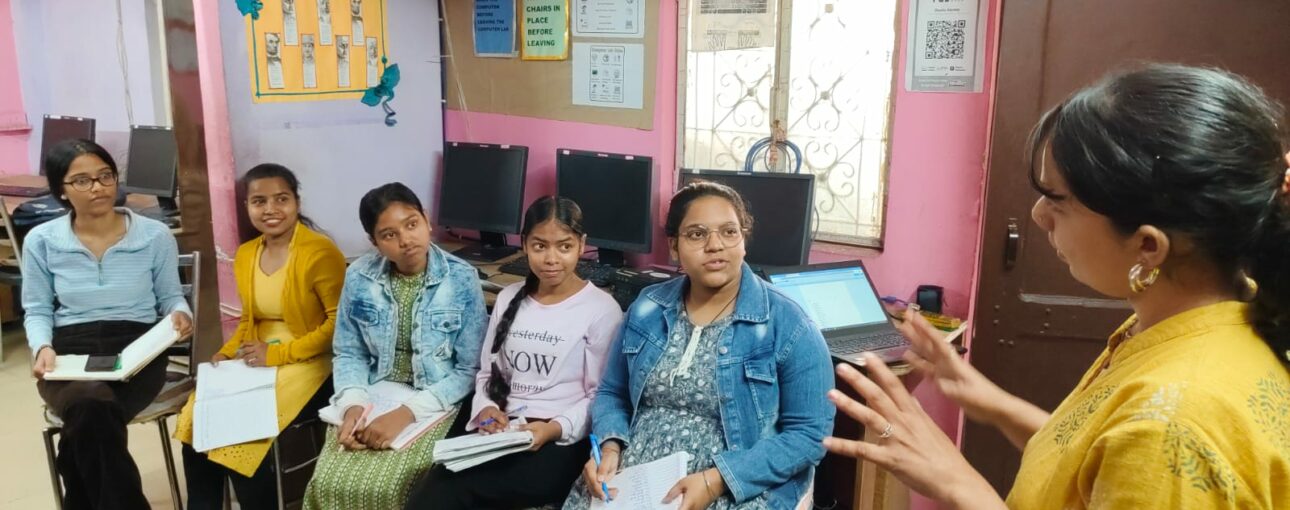STEM, which stands for science, technology, engineering, and mathematics, is an approach to learning and development that integrates these areas. Through this education, students cultivate crucial skills such as problem-solving, creativity, critical analysis, teamwork, independent thinking, initiative, communication, and digital literacy. In today’s rapidly evolving global economy, where jobs are being automated and new ones are emerging due to technological advancements, these skills are more important than ever.
Advancing the Education
Science, Technology, Engineering, and Maths education is essential for equipping individuals with the necessary skills to thrive in today’s rapidly evolving job market. With 75% of jobs in rapidly growing industries requiring expertise in these fields, it’s crucial to ensure all individuals, regardless of gender, have access to quality education.
Global Gender Disparity
Despite the increasing demand for Science, Technology, Engineering, and Maths skills, women remain significantly underrepresented in these workforce globally, comprising only 28% of the workforce. This disparity is particularly evident in fields like computer science and engineering, highlighting the need for concerted efforts to address gender imbalances.
Unique Landscape in India
India presents a contrasting picture, boasting a relatively higher proportion of female graduates in science, technology, engineering, and maths, compared to many developed countries. Data from the All India Survey on Higher Education (AISHE) indicates a positive trend in female enrollment in science and technology-related courses, with women constituting nearly 43% of graduates in science, technology, and mathematical fields.
Celebrating Female Trailblazers
India’s rich history is adorned with remarkable female scientists who have shattered barriers and made significant contributions to various science, technology, engineering, and maths disciplines. From Kadambini Ganguly, India’s first female doctor, to Kalpana Chawla, the first astronaut of Indian origin, these trailblazers serve as inspirations for future generations, highlighting the importance of representation in science and technology-related fields.
Challenges in Transitioning to the Workforce
Despite educational achievements, women’s representation in science, technology, engineering, and mathematics-related jobs in India remains disproportionately low, standing at a mere 14%. Systemic barriers, including gender bias and workplace culture, hinder women’s career progression in science and technology related fields, underscoring the need for targeted interventions.
Addressing Gender Disparity
Efforts to promote gender diversity in Science, Technology, Engineering and Maths, must address implicit bias, foster inclusive environments, and provide mentorship and support networks for women. Advocacy from various stakeholders emphasizes the potential of women in the fields and the importance of breaking down barriers.
Collaborative Initiatives and Aspirations
Collaborative initiatives with educational institutions, industry stakeholders, and government agencies are essential in promoting gender diversity in Science, technology, engineering and mathematics. Continued efforts are needed to unlock the full potential of India’s female talent pool and create a more inclusive and co-ordinated ecosystem.
References –
https://www.nsf.gov/pubs/2015/nsb201510/nsb201510.pdf
https://www.catalyst.org/research/women-in-science-technology-engineering-and-mathematics-stem/
https://aishe.nic.inhttps://www.ias.ac.in/Initiatives/Women_in_Science/The_Women_Scientists_of_India
https://etashasociety.org/impact-stories
https://www.infosys.com/infosys-foundation/about/trustees.html
